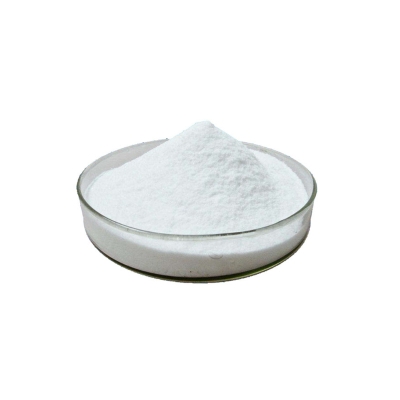-
Categories
-
Pharmaceutical Intermediates
-
Active Pharmaceutical Ingredients
-
Food Additives
- Industrial Coatings
- Agrochemicals
- Dyes and Pigments
- Surfactant
- Flavors and Fragrances
- Chemical Reagents
- Catalyst and Auxiliary
- Natural Products
- Inorganic Chemistry
-
Organic Chemistry
-
Biochemical Engineering
- Analytical Chemistry
-
Cosmetic Ingredient
- Water Treatment Chemical
-
Pharmaceutical Intermediates
Promotion
ECHEMI Mall
Wholesale
Weekly Price
Exhibition
News
-
Trade Service
Yimaitong compiled and sorted, please do not reprint
without permission.
Introduction: A national cohort study from South Korea identified risk factors for amiodarone-induced thyroid dysfunction and determined cardiovascular outcomes
in patients with amiodarone-induced thyroid dysfunction.
Amiodarone-induced thyrotoxicosis or hypothyroidism was found to be not associated with an increased risk of myocardial infarction or stroke, but was significantly associated with a risk of heart failure.
The findings were presented at
the 2022 American Thyroid Association Annual Meeting (ATA).
Amiodarone-induced risk factors and outcomes for thyroid dysfunction
Amiodarone is commonly associated with thyroid dysfunction, and many risk factors have been reported in the literature to be associated with
amiodarone-induced thyroid dysfunction.
At the same time, we do not know the cardiovascular outcomes
of patients with amiodarone-induced thyroid dysfunction compared to patients with normal thyroid function.
This study included 27 023 arrhythmia
patients treated with amiodarone in the Korean National Health Insurance database between 2007 and 2011.
Major adverse cardiovascular events (MACEs) were defined as myocardial infarction (MI), stroke, heart failure, and all-cause mortality, and Cox regression analysis was performed to identify independent risk factors
for amiodarone-induced thyroid dysfunction and MACE.
At a mean follow-up of 7.
4 years, a total of 1326 (4.
9%) developed thyrotoxicosis and 3121 (11.
6%) developed hypothyroidism
.
Age and comorbidities are independent risk factors for MACE
1.
On the risk factors for the development of thyroid dysfunction: chronic kidney disease and Hashimoto's thyroiditis are associated with thyrotoxicosis and diabetes caused by amiodarone; Chronic kidney disease, chronic obstructive pulmonary disease, and Hashimoto's thyroiditis are associated
with amiodarone-induced hypothyroidism.
2.
Amiodarone-induced thyrotoxicosis or hypothyroidism does not increase the risk of MI or stroke compared with patients with normal thyroid function [hazard ratio HR 0.
93, confidence interval (CI): 0.
78-1.
12, P = 0.
44 and HR 1.
04, 95% CI: 0.
93-1.
16, P = 0.
45]
.
3.
The risk of heart failure in patients with thyrotoxicosis caused by amiodarone is increased (HR 1.
26, 95% CI: 1.
12-1.
41, P<0.
001), and the risk of heart failure in patients with hypothyroidism (HR 1.
22, CI: 1.
12-1.
32, P<0.
001).
4.
Cox regression analysis also showed that older age (> 65 years) and underlying comorbidities including diabetes, chronic kidney disease, ischemic heart disease, and chronic obstructive pulmonary disease were independent risk factors for
MACE.
Summary of this article
Studies have identified several risk factors for amiodarone-induced thyrotoxicosis and hypothyroidism, with potential comorbidities associated
with an increased risk of MACE.
However, amiodarone-induced thyrotoxicosis or hypothyroidism is not associated with an increased risk of myocardial infarction or stroke, but is significantly associated
with a risk of heart failure.
REFERENCE: LONG‐TERM MORTALITY AND CARDIOMETABOLIC EFFECTS OF TREATMENT FOR HYPERTHYROIDISM: EGRET STUDY.
THYROIDVolume 32, Supplement 1,2022.
https://doi.
org/10.
1089/thy.
2022.
29140.
lb.
abstracts







